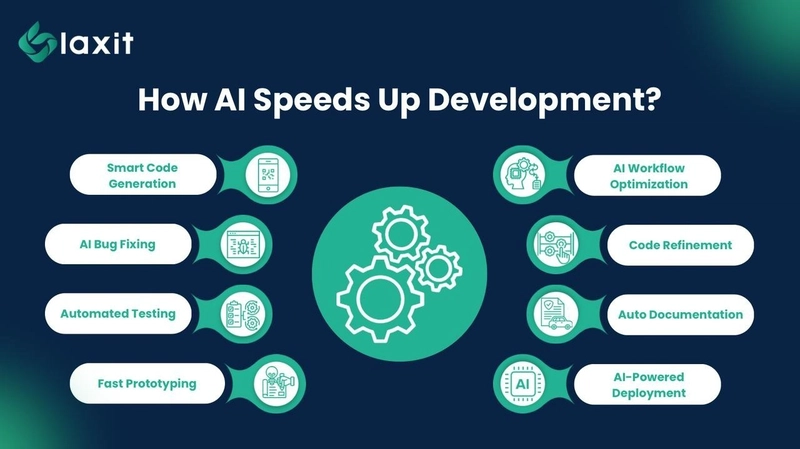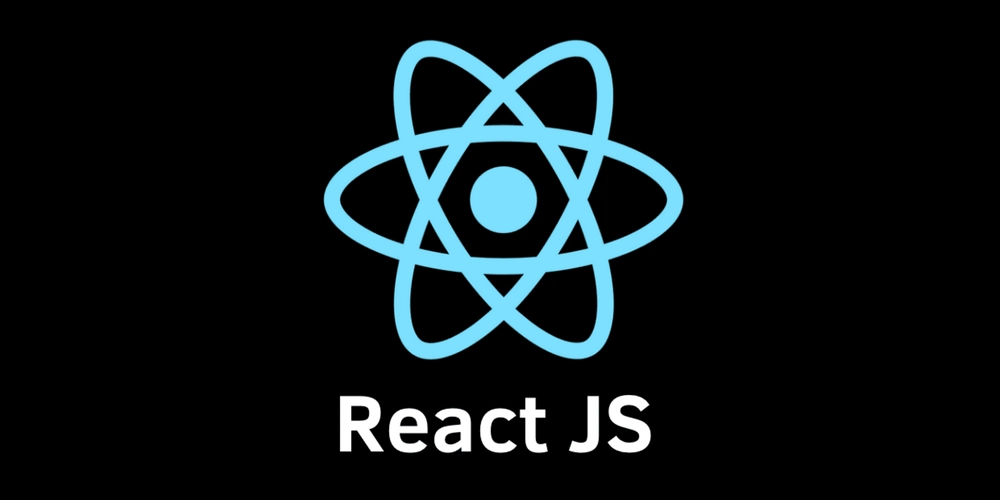How is AI Reducing Development Time?
Artificial Intelligence (AI) makes software development quicker and more efficient by automating tasks, cutting costs, and improving productivity. Studies show that AI can reduce operational costs by 30% and automate 45% of repetitive tasks. By caring for routine work and analyzing large amounts of data, AI allows developers to focus on creativity and problem-solving. Let’s explore how AI helps in different stages of software development. [ Understanding What Users Need ](https://glaxit.com/how-ai-reducing-development-time/) Before making software, developers need to understand what users want. AI-powered tools like MonkeyLearn and IBM Watson can read user feedback and analyze documents to find important details. This helps developers create clear and complete project plans. AI also looks at customer reviews to find common complaints. For example, if many users say an app is too slow, AI will highlight this as a problem, so developers can focus on fixing it first. Designing Better and Faster Designing an app or website takes time, but AI speeds things up by generating multiple design options automatically. Tools like Autodesk Dreamcatcher help designers create layouts based on specific goals. Instead of doing everything manually, designers can improve the best AI-generated ideas. AI also studies how people use apps. If users struggle to find the checkout button on a shopping site, AI will suggest design changes to make it easier. This helps businesses improve designs faster and avoid costly redesigns. [ AI Helps Write Code ](https://glaxit.com/how-ai-reducing-development-time/) Writing code can be slow, but AI is making it faster and easier by assisting developers with writing, fixing, and completing code. AI Code Generators: Tools like GitHub Copilot and Tabnine can write code snippets or even full functions based on a developer’s instructions. Smart Code Suggestions: AI-powered editors like Visual Studio Code and IntelliJ IDEA suggest code as developers type, reducing errors and saving time. Debugging Assistance: AI tools can find errors and suggest fixes. Since debugging can take up 50% of a developer’s time, AI can cut this down by 40%. [AI Makes Software Testing Faster ](https://glaxit.com/service/marketinganalytics/) Testing is important, but it can be slow. AI speeds up testing by automating it. Automatic Testing: AI tools like Selenium and Appium run software tests, finding bugs before they cause problems. Predicting Future Issues: AI studies past errors to predict where new problems might appear, helping developers focus on high-risk areas. Faster Bug Fixes: AI quickly finds and fixes software issues before they reach users. [AI Helps Launch and Monitor Software ](https://glaxit.com/service/marketinganalytics/) AI helps with releasing software updates and keeping apps running smoothly. Automated Deployment: AI tools like Ansible and Puppet handle updates, ensuring quick and error-free releases. Performance Tracking: AI-powered platforms like New Relic and Dynatrace monitor software in real time and alert teams if there are issues. Fixing Problems Automatically: If an online store slows down because of too many visitors, AI suggests server upgrades or other solutions to keep it running smoothly. [AI Helps Fix Issues and Prevent Failures ](https://glaxit.com/service/marketinganalytics/) AI helps developers track software problems and prevent major system failures. Smart Issue Tracking: Tools like Jira and GitHub Issues automatically sort and rank software bugs, ensuring the most serious problems get fixed first. Faster Problem Solving: AI suggests solutions to bugs, helping developers fix them more quickly. Preventing Failures: AI predicts when a system might crash and helps teams schedule maintenance before big problems happen. AI-driven maintenance can reduce system downtime by 25%, saving businesses time and money. Conclusion : AI is transforming the way software is built by making every stage from planning to deployment faster and more efficient. It automates repetitive tasks, improves software quality, and reduces costs, giving businesses a competitive advantage. As AI continues to evolve, developers who learn how to use AI-powered tools will save time, reduce stress, and create better software. By embracing AI, businesses and developers can stay ahead in the fast-changing tech world.
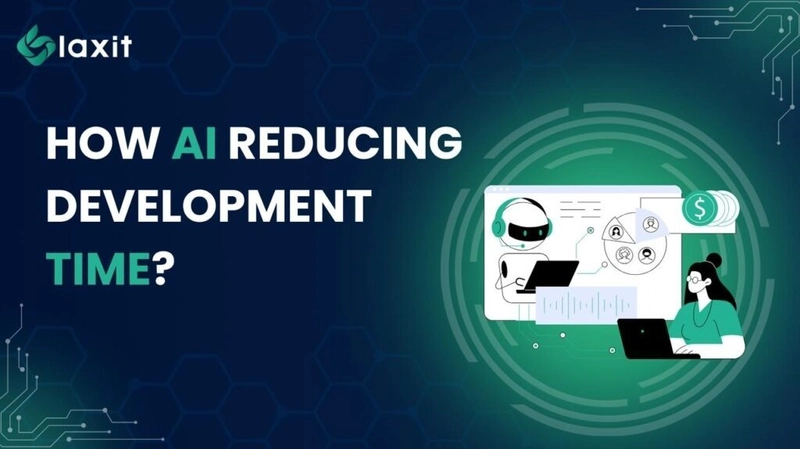

Artificial Intelligence (AI) makes software development quicker and more efficient by automating tasks, cutting costs, and improving productivity. Studies show that AI can reduce operational costs by 30% and automate 45% of repetitive tasks. By caring for routine work and analyzing large amounts of data, AI allows developers to focus on creativity and problem-solving.
Let’s explore how AI helps in different stages of software development.
[ Understanding What Users Need
](https://glaxit.com/how-ai-reducing-development-time/)
Before making software, developers need to understand what users want. AI-powered tools like MonkeyLearn and IBM Watson can read user feedback and analyze documents to find important details. This helps developers create clear and complete project plans. AI also looks at customer reviews to find common complaints. For example, if many users say an app is too slow, AI will highlight this as a problem, so developers can focus on fixing it first.
Designing Better and Faster
Designing an app or website takes time, but AI speeds things up by generating multiple design options automatically. Tools like Autodesk Dreamcatcher help designers create layouts based on specific goals. Instead of doing everything manually, designers can improve the best AI-generated ideas. AI also studies how people use apps. If users struggle to find the checkout button on a shopping site, AI will suggest design changes to make it easier. This helps businesses improve designs faster and avoid costly redesigns.
[ AI Helps Write Code
](https://glaxit.com/how-ai-reducing-development-time/)
Writing code can be slow, but AI is making it faster and easier by assisting developers with writing, fixing, and completing code.
AI Code Generators: Tools like GitHub Copilot and Tabnine can write code snippets or even full functions based on a developer’s instructions.
Smart Code Suggestions: AI-powered editors like Visual Studio Code and IntelliJ IDEA suggest code as developers type, reducing errors and saving time.
Debugging Assistance: AI tools can find errors and suggest fixes. Since debugging can take up 50% of a developer’s time, AI can cut this down by 40%.
[AI Makes Software Testing Faster
](https://glaxit.com/service/marketinganalytics/)
Testing is important, but it can be slow. AI speeds up testing by automating it.
Automatic Testing: AI tools like Selenium and Appium run software tests, finding bugs before they cause problems.
Predicting Future Issues: AI studies past errors to predict where new problems might appear, helping developers focus on high-risk areas.
Faster Bug Fixes: AI quickly finds and fixes software issues before they reach users.
[AI Helps Launch and Monitor Software
](https://glaxit.com/service/marketinganalytics/)
AI helps with releasing software updates and keeping apps running smoothly.
Automated Deployment: AI tools like Ansible and Puppet handle updates, ensuring quick and error-free releases.
Performance Tracking: AI-powered platforms like New Relic and Dynatrace monitor software in real time and alert teams if there are issues.
Fixing Problems Automatically: If an online store slows down because of too many visitors, AI suggests server upgrades or other solutions to keep it running smoothly.
[AI Helps Fix Issues and Prevent Failures
](https://glaxit.com/service/marketinganalytics/)
AI helps developers track software problems and prevent major system failures.
Smart Issue Tracking: Tools like Jira and GitHub Issues automatically sort and rank software bugs, ensuring the most serious problems get fixed first.
Faster Problem Solving: AI suggests solutions to bugs, helping developers fix them more quickly.
Preventing Failures: AI predicts when a system might crash and helps teams schedule maintenance before big problems happen.
AI-driven maintenance can reduce system downtime by 25%, saving businesses time and money.
Conclusion
:
AI is transforming the way software is built by making every stage from planning to deployment faster and more efficient. It automates repetitive tasks, improves software quality, and reduces costs, giving businesses a competitive advantage.
As AI continues to evolve, developers who learn how to use AI-powered tools will save time, reduce stress, and create better software. By embracing AI, businesses and developers can stay ahead in the fast-changing tech world.

_Igor_Mojzes_Alamy.jpg?#)
































































![Apple Considers Delaying Smart Home Hub Until 2026 [Gurman]](https://www.iclarified.com/images/news/96946/96946/96946-640.jpg)
![Tariffs Threaten Apple's $999 iPhone Price Point in the U.S. [Gurman]](https://www.iclarified.com/images/news/96943/96943/96943-640.jpg)
![iPhone 17 Pro Won't Feature Two-Toned Back [Gurman]](https://www.iclarified.com/images/news/96944/96944/96944-640.jpg)
























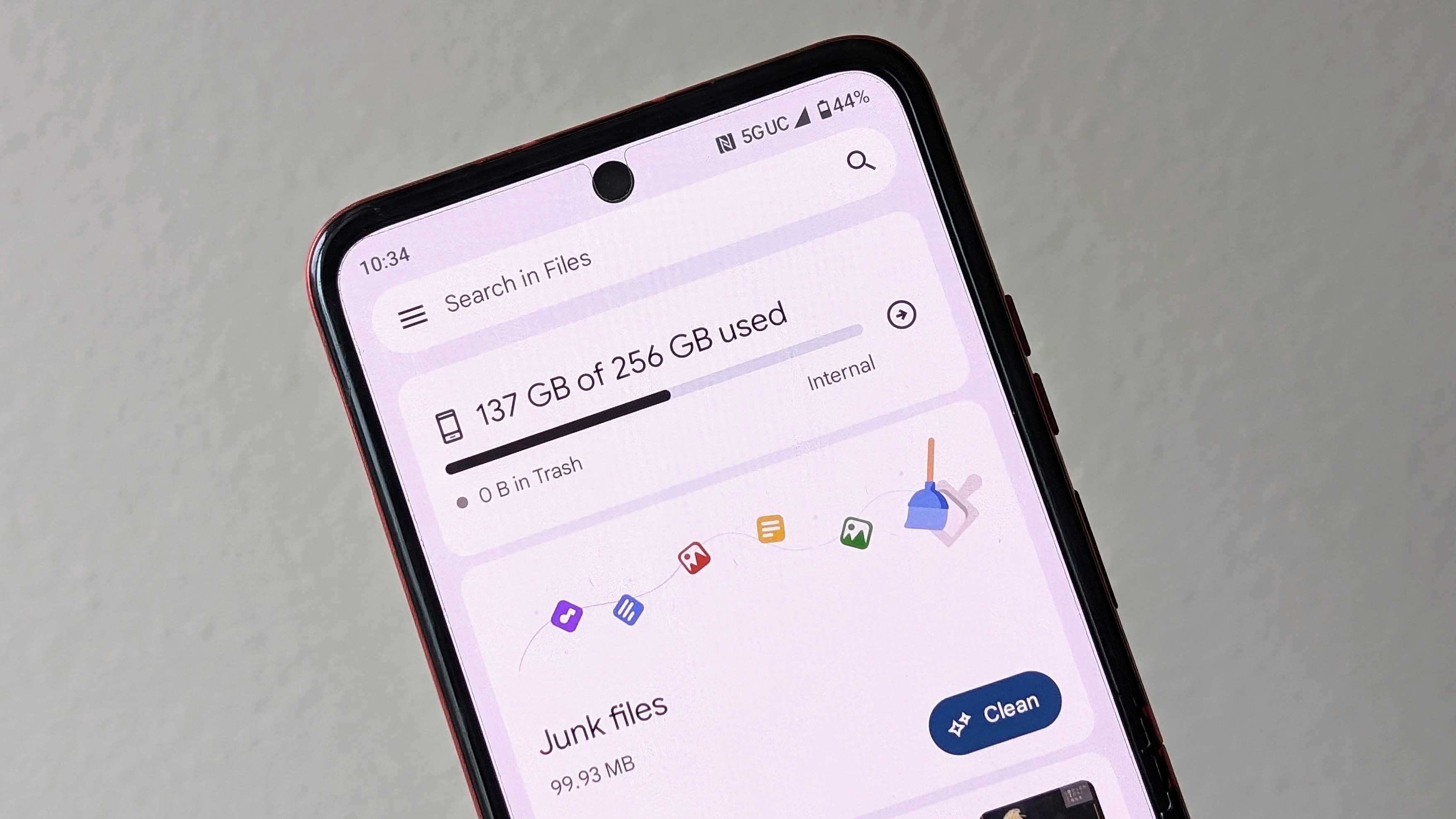

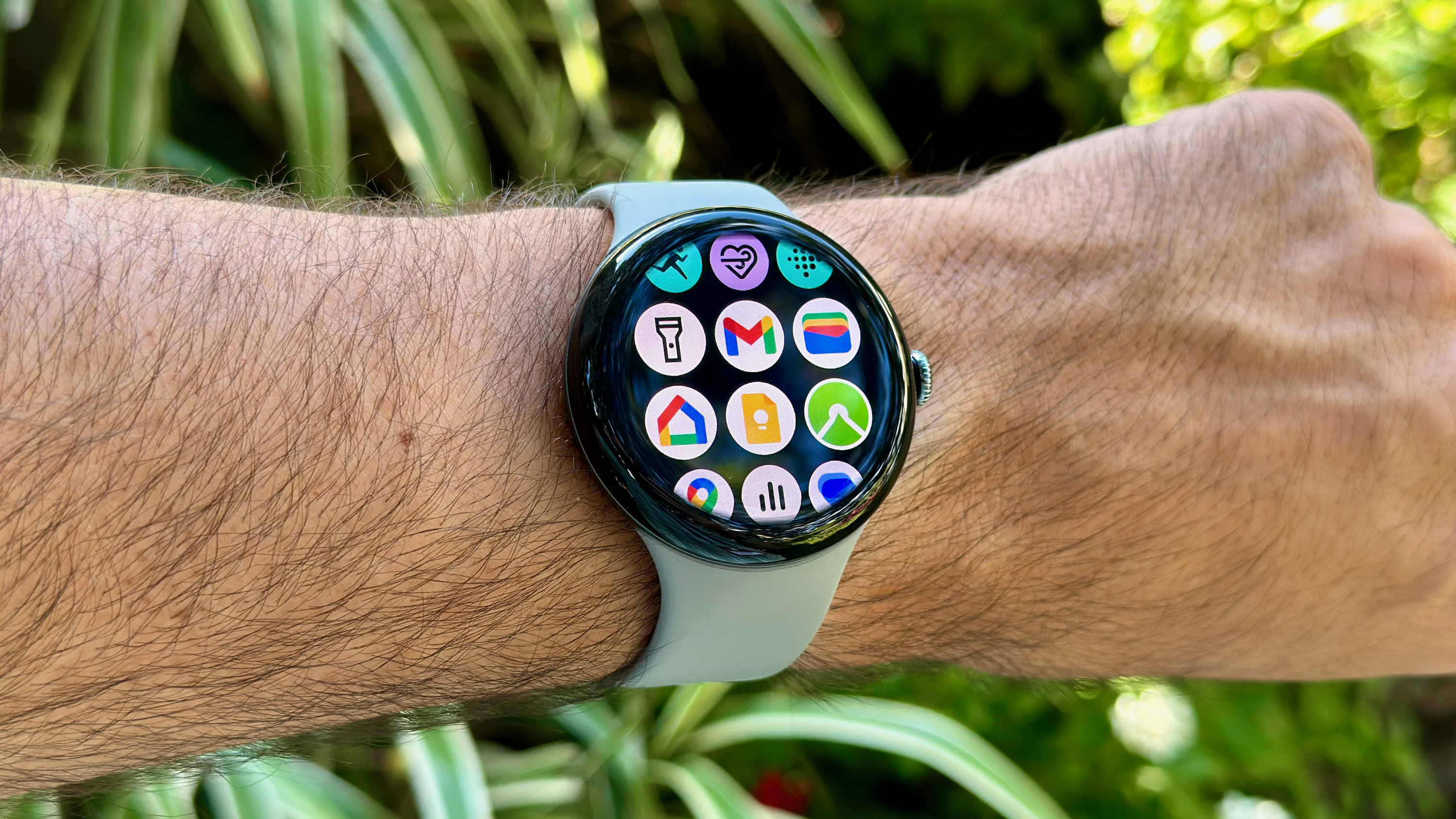





























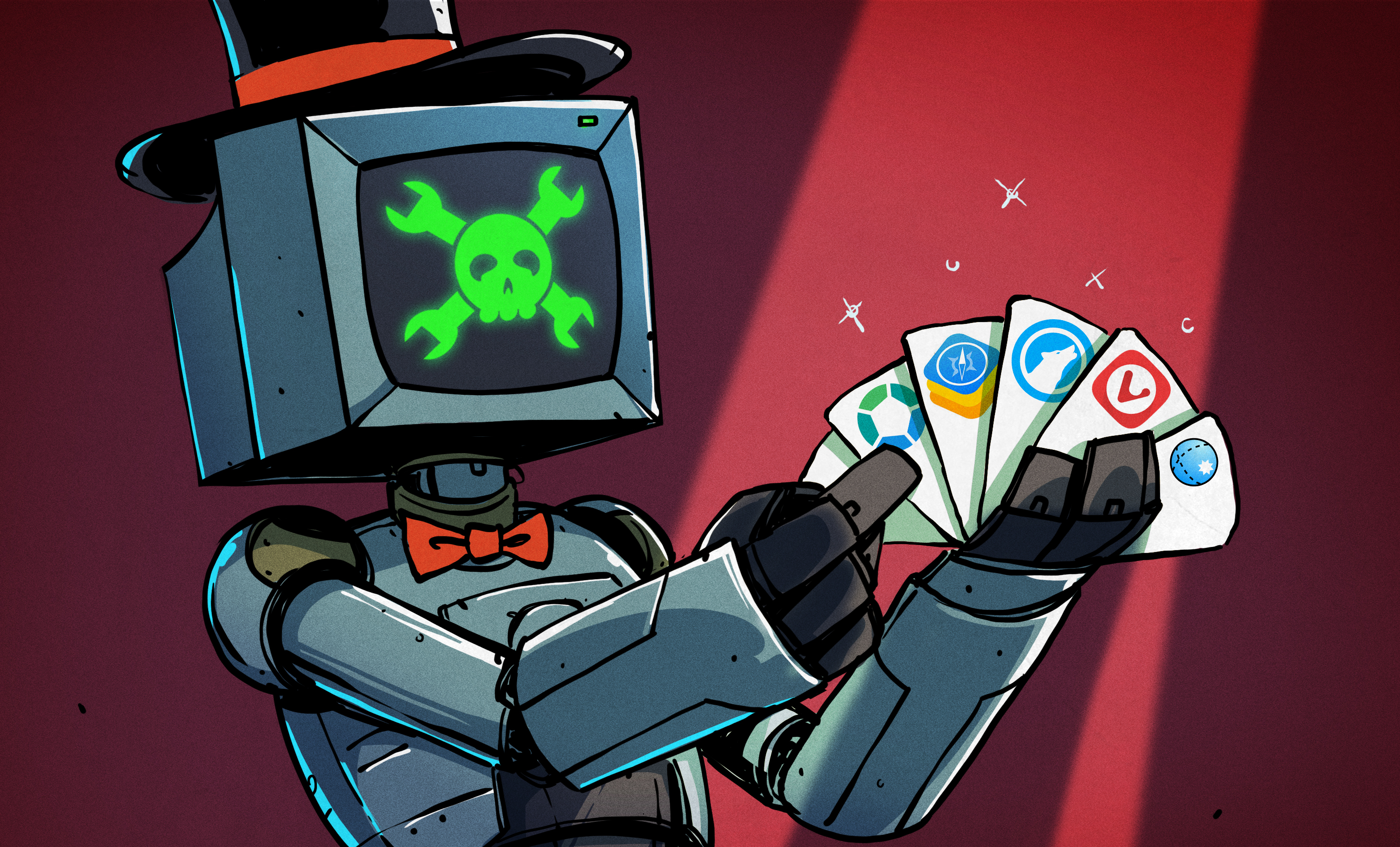














































.webp?#)
.webp?#)
.webp?#)













































































![[The AI Show Episode 142]: ChatGPT’s New Image Generator, Studio Ghibli Craze and Backlash, Gemini 2.5, OpenAI Academy, 4o Updates, Vibe Marketing & xAI Acquires X](https://www.marketingaiinstitute.com/hubfs/ep%20142%20cover.png)

































































































































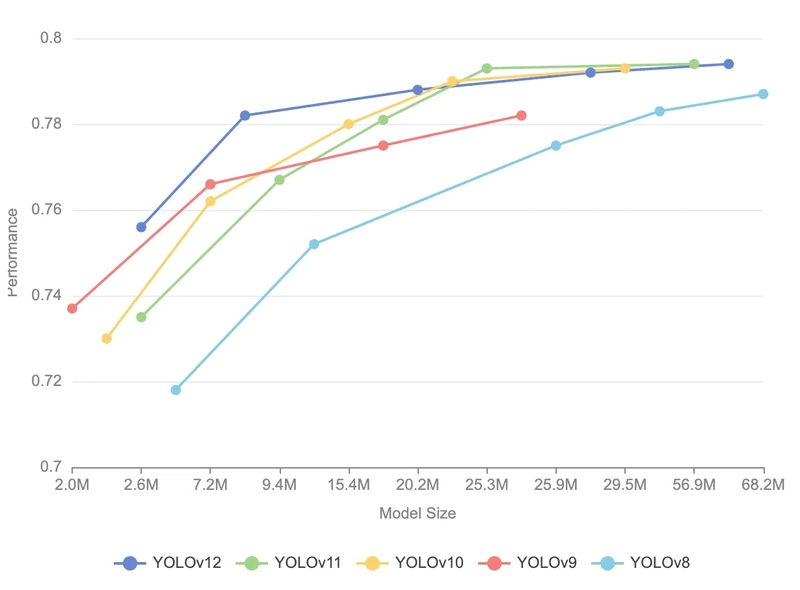
![From drop-out to software architect with Jason Lengstorf [Podcast #167]](https://cdn.hashnode.com/res/hashnode/image/upload/v1743796461357/f3d19cd7-e6f5-4d7c-8bfc-eb974bc8da68.png?#)




![[DEALS] The Premium Learn to Code Certification Bundle (97% off) & Other Deals Up To 98% Off – Offers End Soon!](https://www.javacodegeeks.com/wp-content/uploads/2012/12/jcg-logo.jpg)























-Mario-Kart-World-Hands-On-Preview-Is-It-Good-00-08-36.jpg?width=1920&height=1920&fit=bounds&quality=80&format=jpg&auto=webp#)

(1).jpg?width=1920&height=1920&fit=bounds&quality=80&format=jpg&auto=webp#)








.png?#)

















































